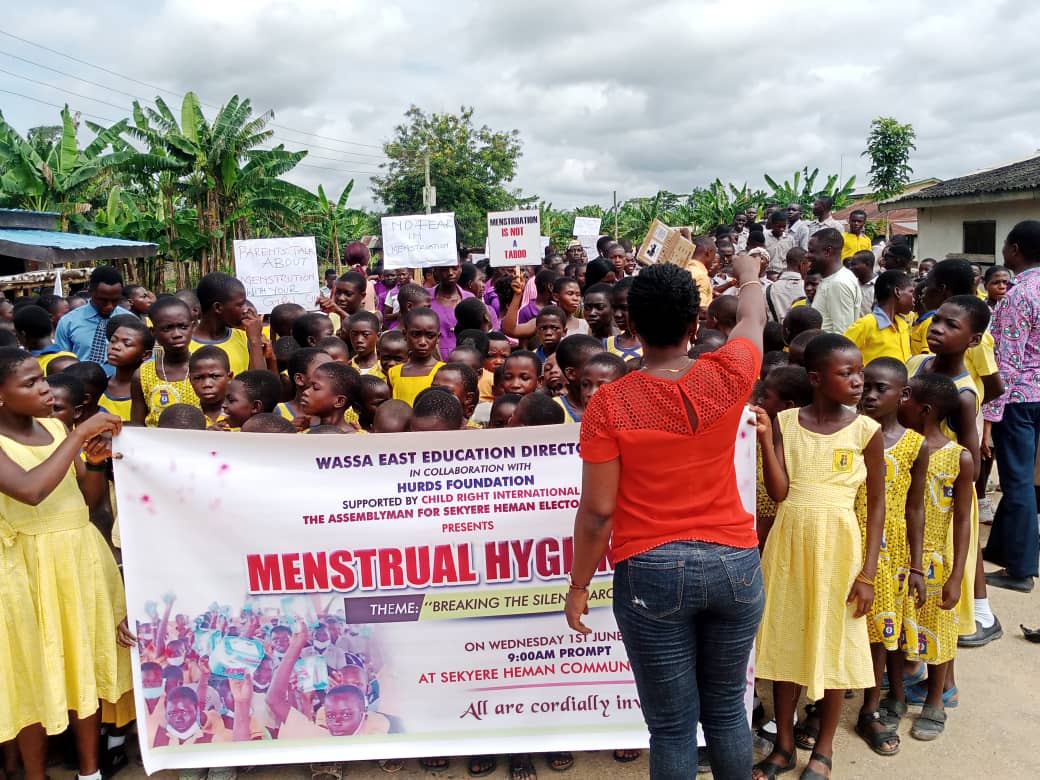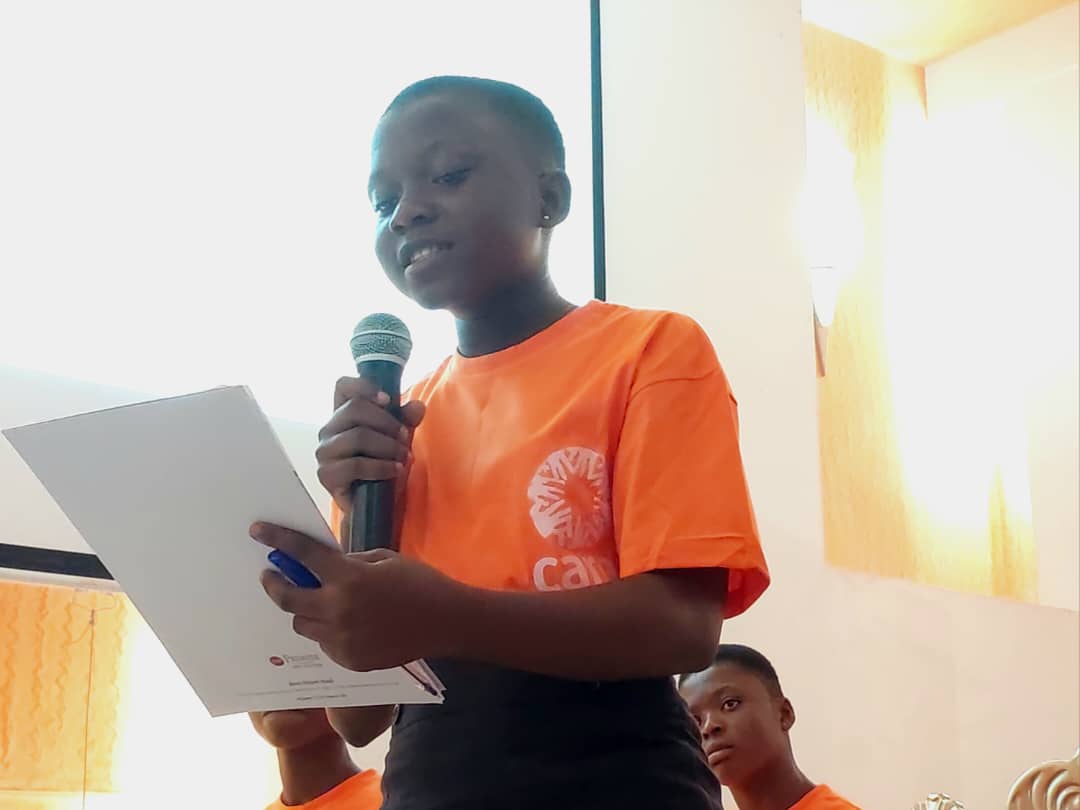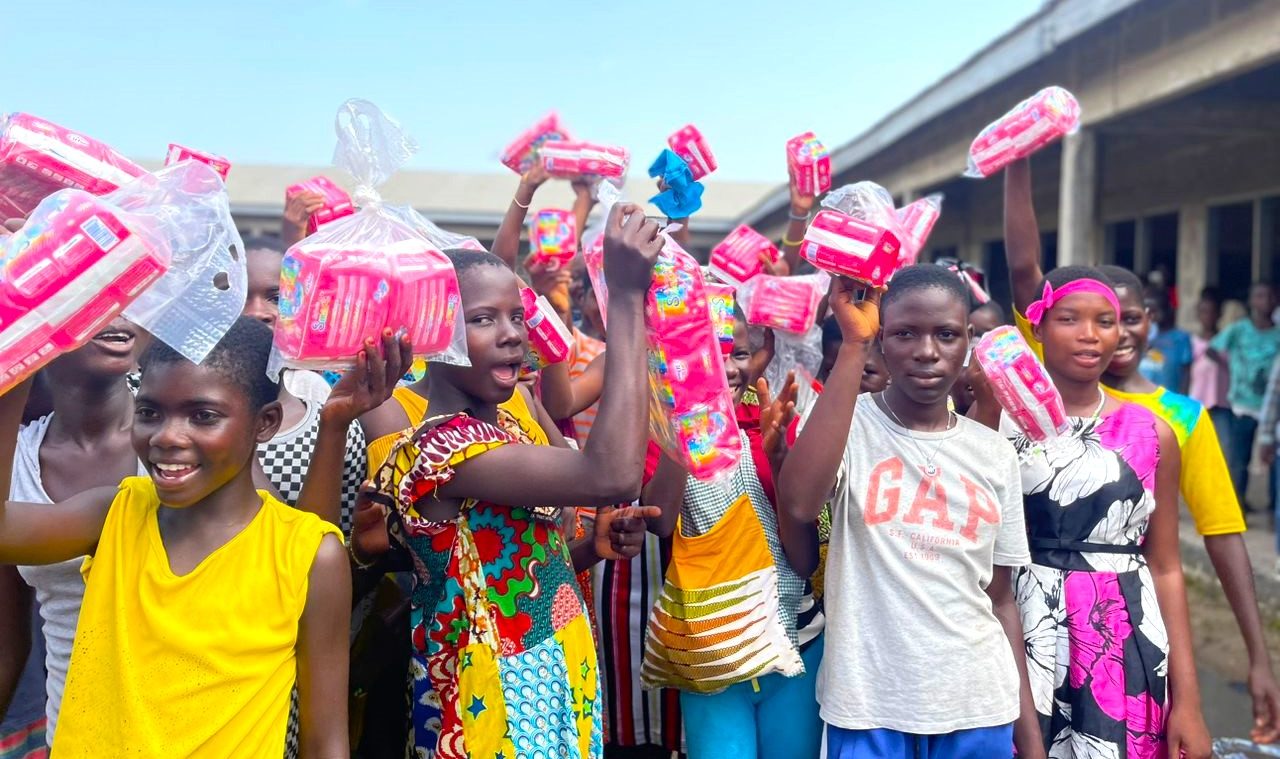[cmsmasters_row data_width=”boxed” data_padding_left=”3″ data_padding_right=”3″ data_top_style=”default” data_bot_style=”default” data_color=”default” data_bg_position=”top center” data_bg_repeat=”no-repeat” data_bg_attachment=”scroll” data_bg_size=”cover” data_bg_parallax_ratio=”0.5″ data_padding_top=”0″ data_padding_bottom=”50″ data_padding_top_large=”0″ data_padding_bottom_large=”0″ data_padding_top_laptop=”0″ data_padding_bottom_laptop=”0″ data_padding_top_tablet=”0″ data_padding_bottom_tablet=”0″ data_padding_top_mobile_h=”0″ data_padding_bottom_mobile_h=”0″ data_padding_top_mobile_v=”0″ data_padding_bottom_mobile_v=”0″ data_shortcode_id=”b5m266ld3″][cmsmasters_column data_width=”1/1″ data_bg_position=”top center” data_bg_repeat=”no-repeat” data_bg_attachment=”scroll” data_bg_size=”cover” data_border_style=”default” data_animation_delay=”0″ data_shortcode_id=”p8ujafddsx”][cmsmasters_text shortcode_id=”mxhb2yk26l” animation_delay=”0″]
By Ms. Mariama Afran, Girl Child Officer, Wassa East District
The Senior Nurse in charge of the Sekyere Heman Community Health Center has advised girls not to absent themselves from school during menstruation. She also tasked parents to provide the necessary materials to enable their daughters to manage their menstruation in accordance with best menstrual hygiene management practices.
Miss Mavis Adaniku was speaking at the celebration of this year’s World Menstrual Hygiene Day at Sekyere Heman in the Wassa East District on May 28th. The theme was “Breaking the Silence around Period”. Miss Adaniku, who was the guest speaker called on the government, non-governmental organizations, and individuals to invest in good menstrual management practices to enable women and girls to achieve their potential so they could participate fully in Ghana’s social and economic development.
In her welcoming address, the District Girl Child Officer, Ms. Mariama Afran, regretted that millions of girls and women worldwide do menstruate, yet a substantial proportion of them lack the knowledge and means to manage their menstrual health safely and with dignity. This, she blamed on gender inequality, cultural taboos, poverty, and lack of basic sanitation and hygiene.
According to this Miss Afran’s restrictive and discriminatory practices, such as being forced to live in a “menstruation hut” impeded the ability of girls and women to participate fully in activities in their communities and access to educational and economic opportunities.
300 girls in the district received free sanitary pads donated by Child Rights International and other partners as part of the organization’s #freesanitarypad campaign to enable girls to stay in school while menstruating.
[envira-gallery id=”17259″]
[/cmsmasters_text][/cmsmasters_column][/cmsmasters_row]







